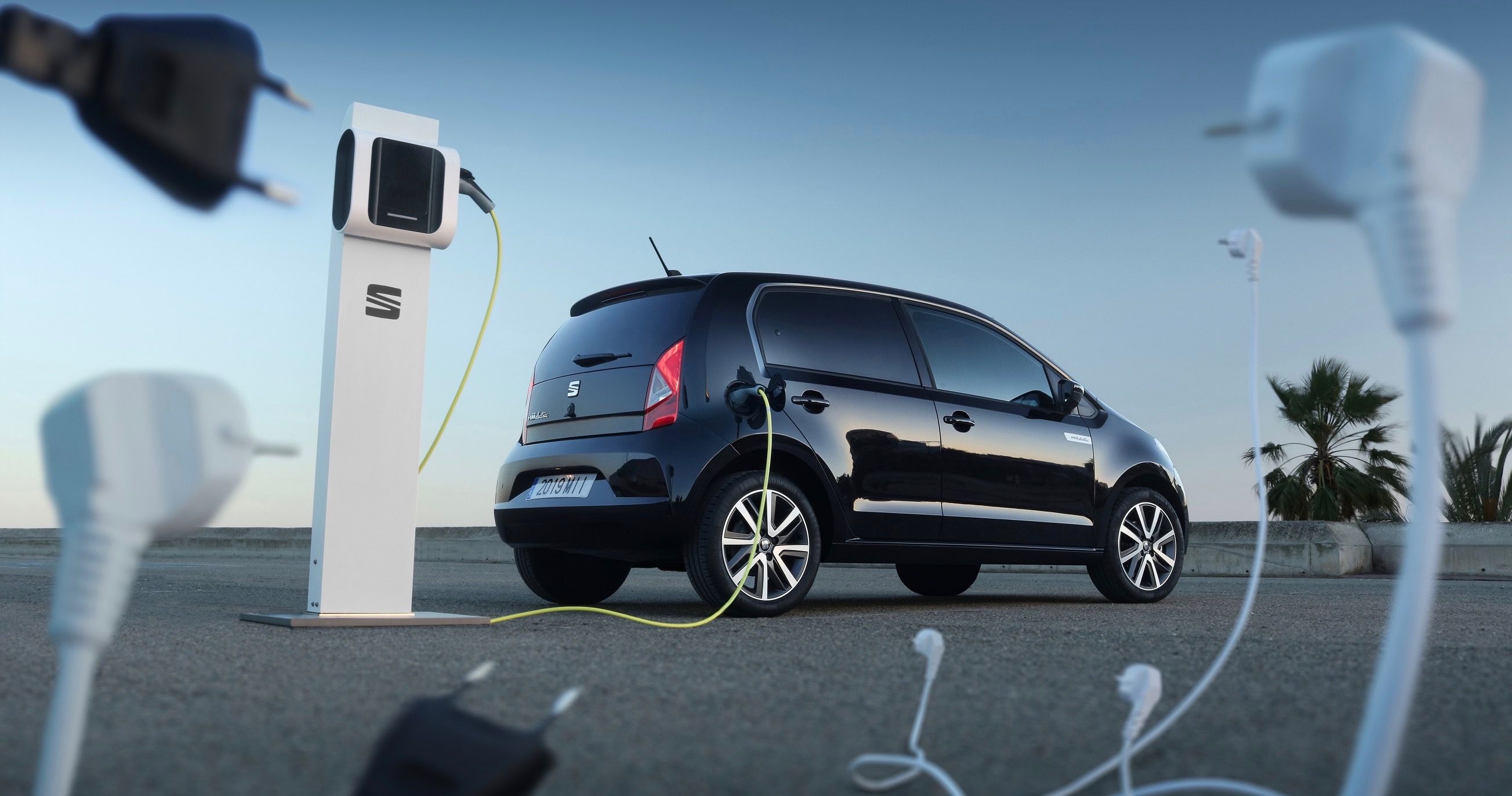'Range anxiety' is real and it explains why consumers are still not completely sold on the viability of battery-powered electric vehicles. The fear that an electric car's battery simply won't have enough power to get you where you need to go has been shown to put many people off EVs.
Lack of range, coupled with current slow charging, which often takes an hour or more, is not helping the electric car movement. Luckily, a new battery technology, developed by scientists at Penn State University, has enabled EV batteries to charge to 100 percent in minutes.
"We demonstrated that we can charge an electrical vehicle in 10 minutes for a 200 to 300-mile range," says chemical engineer Chao-Yang Wang. "And we can do this maintaining 2,500 charging cycles or the equivalent of half a million miles of travel."
Charging cycles are important since EV batteries, also used in smartphones or tablets, are lithium-ion batteries, which have a restricted number of charge/discharge cycles before they degrade and become useless. Heat, for example, can accelerate degradation, which why you shouldn’t allow the batteries in your personal electric devices to get too hot since it can shorten their lifespan. Charging cycles are also a hurdle to a US Department of Energy standard called extreme fast charging (XFC), which would enable EV batteries to fully charge to a 200-mile range in less than 10 minutes.
According to the team at Penn, the new battery design may meet this standard by surmounting one of the biggest obstacles to achieving XFC. "A critical barrier to XFC is Li plating, which usually occurs at high charge rates and drastically deteriorates battery life and safety," the researchers say.
Li plating, which occurs when lithium deposits form around the anode of the battery during the charging process, can be avoided by ironically increasing temperatures for short periods, the team's research shows. "In the past, it was universally believed that lithium-ion batteries should avoid operating at high temperatures due to the concern of accelerated side reactions," Wang says. "This study suggests that the benefits of mitigated lithium plating at the elevated temperature with limited exposure time far outweigh the negative impact associated with exacerbated side reactions."
Researchers have found that batteries momentarily heated to be 140 degrees for 10 minutes while charging could reach the XFC standard, while still lasting some 1,700 charge cycles. In comparison, a non-heated control battery in the experiment degraded after just 60 cycles. Although heating a lithium-ion battery seems counterproductive, it actually proved successful in the experiment.
"Taking this battery to the extreme of 60 degrees Celsius is forbidden in the battery arena," Wang says. "It is too high and considered a danger to the materials and would shorten battery life drastically."
RELATED: All-New Taycan 4S, Less Power But More Range
In the controlled tests, the heating technique eliminated Li plating but managed to escape the development of other harmful formations in the battery called solid-electrolyte-interphase (SEI) growths. Sounds like range anxiety will no longer be an excuse to avoid EVs.

